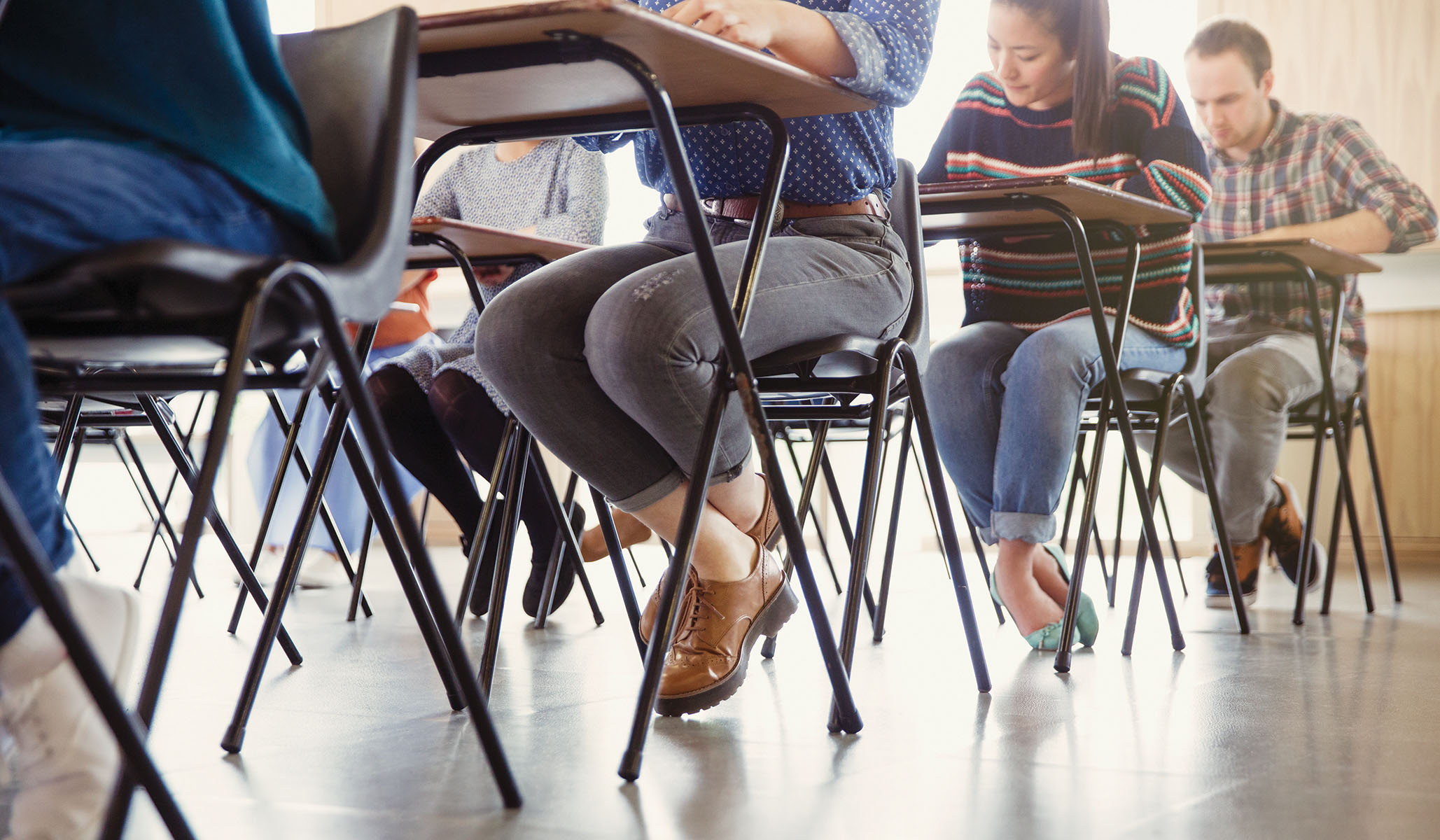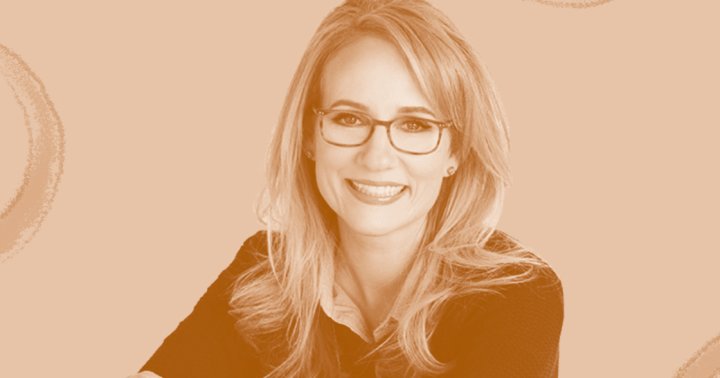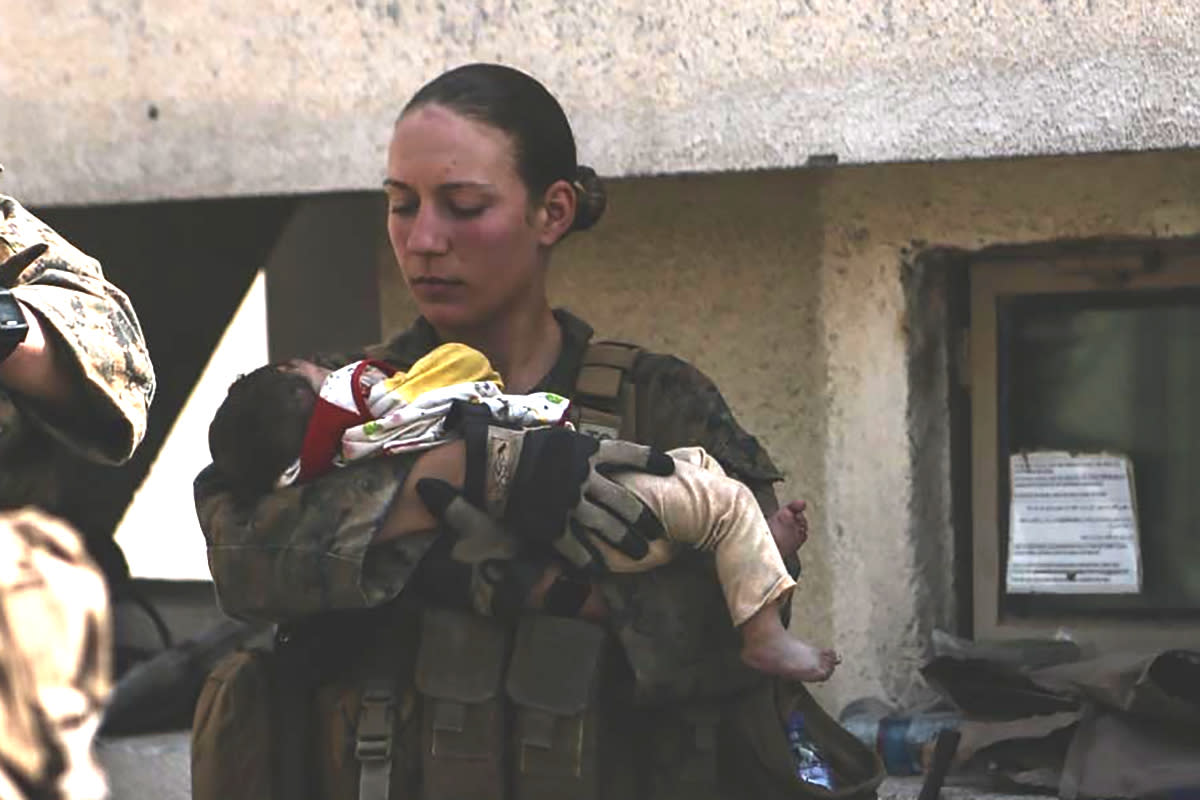The UN Children’s Fund (UNICEF) has said the world is facing an education crisis due to the COVID pandemic, which has left nearly 77 million children shut out of the classroom for the past 18 months.
This Thursday, the UN agency is closing down its social media channels for the next 18 hours to send one message to the world: #ReopenSchools for in-person learning as soon as possible, UN News reported.
“117 million students, representing 7,5% of the total student population, are still affected by complete school closures in 18 countries. The number of countries with partly open schools has declined from 52 to 41 over the same period. Schools have remained closed for a total period of 18 months in five countries, accounting for 77 million students,” UNICEF said in a statement.
In all countries having experienced prolonged full school closures, education was provided through a combination of online classes, printed modules, as well as TV and radio lessons.
“For UNICEF, the right to go to school is central to every child’s development, safety and well-being. Yet in too many countries, classrooms remain closed while social gatherings continue to take place in restaurants, salons and gyms,” the UN agency said.
It added that “this generation of children and youth, cannot afford any more disruptions to their education.“
New numbers from UNESCO, released this Thursday, show that schools are now fully open in 117 countries, with 539 million students back in class, ranging from pre-primary to secondary levels.
This represents 35 per cent of the total student population across the world, compared to 16 per cent who returned to school in September 2020, when schools were only open, or partially-open, in 94 countries.
UNESCO and its other partners have been advocating for the safe reopening of schools, urging full closures to be used as a measure of last resort. The agency said the past two academic years have resulted in learning losses and increased drop-out rates, impacting the most vulnerable students disproportionately.
(Only the headline and picture of this report may have been reworked by the Business Standard staff; the rest of the content is auto-generated from a syndicated feed.)
Dear Reader,
Business Standard has always strived hard to provide up-to-date information and commentary on developments that are of interest to you and have wider political and economic implications for the country and the world. Your encouragement and constant feedback on how to improve our offering have only made our resolve and commitment to these ideals stronger. Even during these difficult times arising out of Covid-19, we continue to remain committed to keeping you informed and updated with credible news, authoritative views and incisive commentary on topical issues of relevance.
We, however, have a request.
As we battle the economic impact of the pandemic, we need your support even more, so that we can continue to offer you more quality content. Our subscription model has seen an encouraging response from many of you, who have subscribed to our online content. More subscription to our online content can only help us achieve the goals of offering you even better and more relevant content. We believe in free, fair and credible journalism. Your support through more subscriptions can help us practise the journalism to which we are committed.
Support quality journalism and subscribe to Business Standard.
Digital Editor
Source link






























